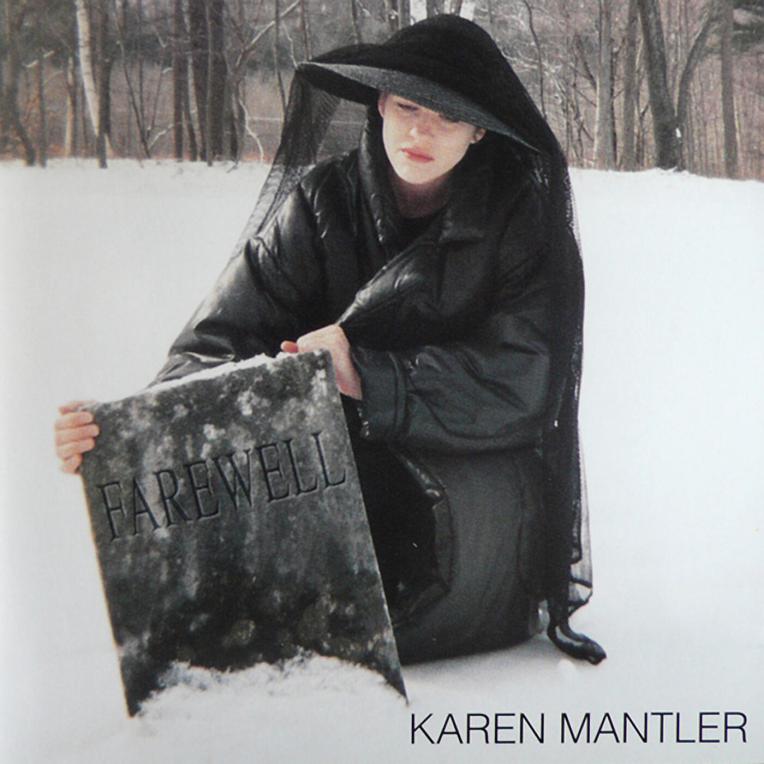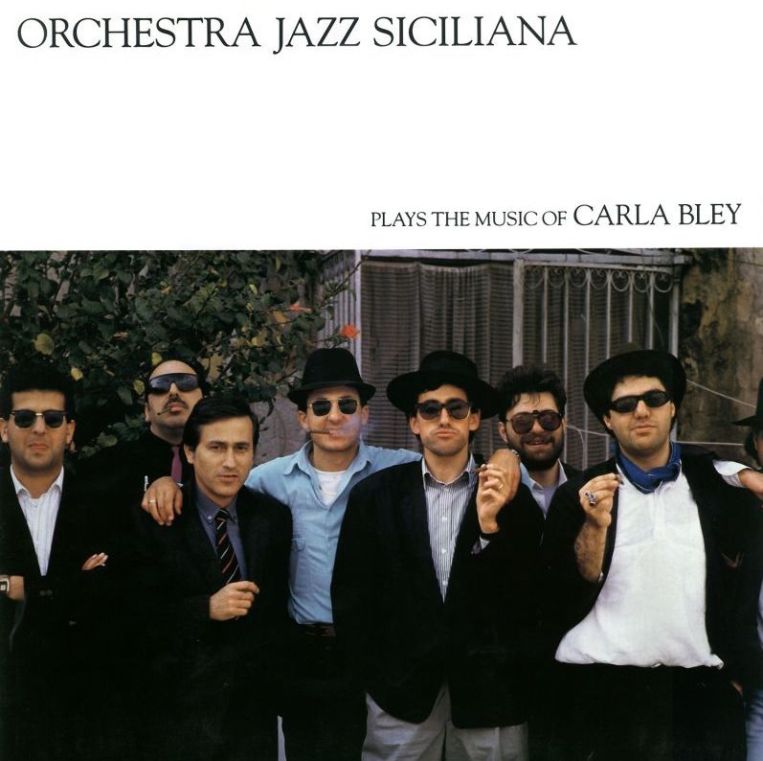
Steve Swallow with Robert Creeley
So There
Steve Swallow bass
Robert Creeley voice
Steve Kuhn piano
The Cikada Quartet
Henrik Hannisdal violin
Odd Hannisdal violin
Marek Konstantynowicz viola
Morten Hannisdal cello
Recorded August 25, 2001 at The Make Believe Ballroom, West Shokan, NY (Engineer: Tom Mark) and August 27/28, 2005 at the Kunsthogskolen, Oslo (Engineer: Jan Erik Kongshaug)
Edited at Flymax Studio, West Hurley, NY (Engineer: Pete Caigan)
Mixed at The Make Believe Ballroom, West Shokan, NY (Engineer: Tom Mark)
Produced by Steve Swallow
Release date: November 7, 2006
If you wander far enough
you will come to it
and when you get there
they will give you a place to sit…
These words, borne by a vessel of strings, begin a transportive musical experience meshing the music of Steve Swallow with the poetry of Robert Creeley (1926-2005). Though the latter’s readings were recorded in 2001, it took Swallow four years to gather momentum for the project, by which time Creeley had passed. This left Swallow no choice but to construct his playing around the words, by which time what started out as a dedication had turned into an elegy. Fans will know this not to be Swallow’s first brush with Creeley, as he had already set the poet’s words to music on 1980’s Home. As on that ECM project, he is joined here by pianist Steve Kuhn, but adds to themselves the metallic whispers of the Cikada Quartet.
Creeley’s aphoristic observations go down like sweet tea, and linger in the mouth all the same. For the most part, Swallow takes his time to set up each with an intimate context forged in bass and piano, the Cikadas breathing life into the periphery only when necessary. In this manner, the simple explorations of scenes like those described in “Indians,” “Return,” and “Blue Moon” take full shape before a single word is articulated. Only in tracks like “Later,” in which Kuhn rhapsodizes ever so subtly through sentiments of emotional delay, and the closing “A Valentine For Pen,” do instruments and words cross paths more continuously.
Swallow’s lyricism is suitably matched to Creeley’s. In the anthemic undertones of “Sufi Sam Christian,” the bassist evokes the very uplift of which the poet speaks; in “Miles,” he adds a jazzy nuance to a title that, in this context, has more to do with distance than with the elusive trumpeter; and in an excerpt from “Wellington, New Zealand” (which blends into “Eight Plus”), he personifies saintly patience. Interestingly enough, the music almost never belies a conscious attempt to match the rhythm of speech (as, for instance, in composer Scott Johnson’s settings of I. F. Stone, How It Happens). Such freedom compels the listener to fill in the gaps with personal histories, moments of reflection, and quiet appreciation.
…for yourself only, in a nice chair,
and all your friends will be there
with smiles on their faces
and they will likewise all have places.









